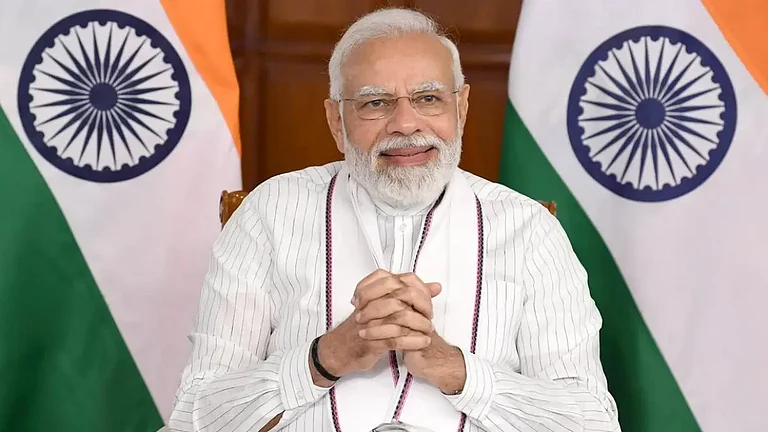After rare earth magnets, China now has quietly targeted the agriculture sector—restricting exports of critical ingredients used in water-soluble fertilisers (WSFs). WSF is a fertiliser easily absorbed by plants. It is applied through drip irrigation, sprinklers, or foliar spray, delivering nutrients directly to the leaves or plant instead of through the soil.
These speciality fertilisers are crucial to India for enhancing yields of fruits, vegetables and other high-value crops. India imports approximately 80% of such fertilisers from China. Instead of putting an official ban, Beijing has quietly choked the supply of its key fertiliser exports to India for the past two months, The Economic Times reported.
Supply Risks
The squeeze is also affecting the supply of di-ammonium phosphate (DAP), a critical fertiliser containing phosphorus (P) nutrient that crops require during the early stages of root and shoot development. Farmers usually apply it at the time of sowing, along with the seeds.
India ranks among the world's top two consumers of fertilisers by total nutrient volume. It typically imports 1.5 to 1.6 lakh tonnes of speciality fertilisers—which include water-soluble nutrients, liquid foliar feeds, bio-stimulants and controlled-release variants—from China during the June–December cropping season. The current supply disruption now threatens not just yields, but also soil health improvements critical to precision and sustainable farming practices.
According to The Indian Express, India’s opening stock of DAP for the ongoing kharif (monsoon) planting season stood at 12.4 lakh tonnes on 1 June—well below last year’s 21.6 lakh tonnes on the same date. Imports from China have fallen drastically—from 22.9 lakh tonnes in 2023–24 to just 8.4 lakh tonnes in 2024–25. Not a single tonne has arrived from China since January this year.
Soaring Prices, Stressed Subsidy
China’s export restrictions are also driving the prices of DAP higher. DAP prices have soared to nearly $800 per tonne in June, the highest in several months, partly due to reduced Chinese supply. This spike poses a serious challenge to India’s fertiliser subsidy framework for FY26, as the government covers a substantial portion of the cost of DAP. If prices remain elevated, it could significantly strain the subsidy bill, forcing either a budgetary increase or reduced margins for companies importing fertilisers under the existing subsidy regime.
Although the government caps the maximum retail price (MRP) of DAP at ₹1350 per 50 kg bag, farmers are paying around ₹1700, said The Indian Express.
Push for Self-Reliance
In the wake of this disruption, Commerce Minister Piyush Goyal on Wednesday asserted that India must not be vulnerable to any country’s export decisions and emphasised the need to establish resilient domestic supply chains in fertilisers, insecticides and pesticides.
Speaking at an industry interaction, Goyal said the Centre had successfully shielded Indian farmers from rising global prices by providing extensive subsidies and ensuring fertiliser affordability, despite global uncertainties.
"We must work to prevent distortions. We must reduce our dependency on particular geographies and look at alternative sources of supply, where we can have resilience in our supply chain," Goyal said.






























